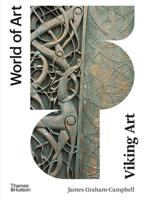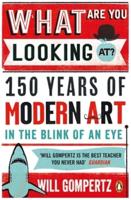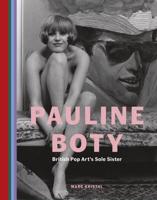Publisher's Synopsis
This comprehensive illustrated survey of the work of Peter Blake (described in The Art Newspaper as 'the defining book on the English artist') is now available in a handsome paperback edition.
Since his emergence in the early 1960s as a key member of the Pop Art movement, Peter Blake (b.1932) has been one of the best-known and widely loved artists of his generation. Blake's reputation from the outset was based on working across all media. Though primarily a painter, he has produced collages, drawings, watercolours, sculpture, prints, as well as commercial art in the form of graphics and album covers, most notably his design for The Beatles' Sgt Pepper album in 1967. Peter Blake: one man show considers the artist's remarkable diversity, assessing his work across all media, from the 1950s to the present. Marco Livingstone grounds Blake's art firmly in the working-class existence that he led as a child and a teenager, identifying a yearning for the innocence of childhood in Blake's bittersweet paintings of the early to mid-1950s depicting children reading comics or going to the Saturday matinee at the cinema.
From that moment, while studying at the Royal College of Art in London, Blake concerned himself with popular entertainments as subject matter, and as the source of formal solutions, for his paintings. The directness with which Blake gave expression to his enthusiasms for mass culture during the 1950s brought him to the forefront of the Pop Art movement before it had even been named, and independently of the investigations into similar areas by other British, American and European artists. The radical nature of his collage paintings of 1959-62, in particular, made him a singularly influential figure within British Pop.
Blake's parallel life as a voracious collector not only of other art but of all kinds of artefacts is touched on in the postscript as another manifestation of the concerns behind much of his art, particularly his collages, as an act of homage to the creativity of others. A separate chapter on his commercial work examines how Blake has been able to satisfy the demands of his clients while preserving his own artistic identity.
Despite his forays into a range of more experimental media, Blake sees figurative painting as the core of his work, the trunk of a tree whose branches include excursions into Pop Art, collage, sculpture, graphics and printmaking. This book reflects the engagingly diverse and endlessly imaginative one-man show that constitutes the extraordinary and prolific work of Peter Blake.









